YA A to Z: Gaslighting, a guest post by author Anna Hecker
Today as part of the YA A to Z series, TLT is honored to have author Anna Hecker here discussing with us the topic of gaslighting.
TRIGGER WARNING: This article discusses emotional, physical, and sexual abuse, including rape.
In the 1944 classic film Gaslight, a handsome pianist convinces his young wife to move back to the London townhouse she abandoned after her aunt was murdered there. There, he embarks on a systematic campaign to drive her insane.
Although she seems perfectly healthy he rarely lets her leave the house or have visitors, claiming her fragile health can’t handle it. When he calls her forgetful she protests, but then she begins “losing” small objects—and starts to feel like she’s losing her mind.
ADVERTISEMENT
ADVERTISEMENT
Slowly, her husband’s tactics begin to work. She questions her own judgment. She thinks she’s seeing and hearing things. In her isolated state, believing she can’t trust her own instincts, she increasingly comes to see her husband as the one pillar of sanity in her crumbling world.
It’s from this famous film that we derive the term “gaslighting.” In its simplest form, it means manipulating the truth to make someone feel like they’re going crazy. It’s a favorite tactic of sociopaths, cult leaders, and politicians; in an era of “fake news” and “alternative facts,” who doesn’t feel like they’re being systematically driven crazy sometimes?
How to Know If You’re a Victim of Gaslighting | Psychology Today
Popular gaslighting tactics include:
- Blatant lying, even in the face of evidence. (“I didn’t have my arm around that girl. That Instagram must have been Photoshopped.”)
- Denying or contradicting things they’ve said or done. (“I never said I’d take you out for your birthday.”)
- Twisting their victim’s words to have unintended meanings. (“You said you’d support me no matter what, but now you won’t even loan me twenty bucks?”)
- Claiming their victim is unstable, over-sensitive, or mentally ill. (“You don’t believe me? You have serious trust issues.”)
- Blaming their victim for their own behavior (“If you weren’t so controlling I wouldn’t have to sneak around.”)
- Withholding information. (“I can’t even talk about this when you’re being so irrational.”)
- Enlisting others to help destabilize their victim. (“My friends all think you’re crazy, too.”)
Of particular relevance to teen readers, gaslighting is common within abusive relationships. According to the National Domestic Violence Hotline, 1 in 3 college women have been in an abusive dating relationship, and 1 in 10 high school students has experienced physical violence from a dating partner in the past year. While gaslighting and physical or emotional abuse don’t always go hand-in-hand, they can be a key part of why teens choose to stay in abusive relationships. When they’re told often enough that they’re over-reacting, that they deserve to be mistreated, or simply that what happened didn’t really happen, they begin to question their sanity. In a world where facts aren’t facts and reality isn’t reality, they turn to their abusive partner for stability—just like Ingrid Bergman’s character in Gaslight.
Rookie » Let’s Talk About Gaslighting
It’s important for teens experiencing gaslighting to know they aren’t alone…and they aren’t crazy. Fortunately, a new crop of teen and middle-grade books is confronting gaslighting in unique and brave new ways=. Here are a few to add to your shelves:
ALWAYS FOREVER MAYBE by Anica Mrose Rissi
What it is: A YA contemporary about a storybook romance gone wrong
Who it can help: Young people in manipulative, abusive relationships
This chilling tale of a storybook romance gone wrong rings all too true because of the slow, insidious way in which the gaslighting takes place. When Betts meets older, alluring Aiden, it’s love at first sight. But things quickly go south. He makes her question her own perceptions and memories and worries out loud that she’ll hurt him…even as he’s hurting her more every day.
This story will ring true for anyone who’s been in an abusive relationship. It’s a perfect way to start a conversation, and the list of resources at the end will hopefully help those in dangerous situations take steps toward finding a way out.
WHEN THE BEAT DROPS By Anna Hecker
What it is: A YA contemporary about love, music, friendship, and finding your beat
Who it can help: People who rely on their romantic relationship for more than love
In my debut novel, WHEN THE BEAT DROPS, 17-year-old Mira’s seemingly wonderful new boyfriend gaslights her into ignoring some of his less-than-savory activities. Because he’s also her manager, her career as a DJ is tied up their relationship—an advantage he deliberately presses.
All too frequently, victims of domestic abuse have more at stake than just their relationship. They may depend on their partner for social status, transportation, tutoring, financial help, or even (ironically) as a way to escape an abusive home life. Realistically, those relying on their relationship for outside needs may need help finding a new way to meet those needs before they can be persuaded to leave.
BLOOD WATER PAINT By Joy McCullough
What it is: Historical YA fiction based on the true story of the iconic painter, Artemisia Gentileschi
Who it can help: Teens experiencing gaslighting or abuse from an authority figure
At seventeen, Artemisia is one of Rome’s most talented painters. But when her painting teacher rapes her, everything turns upside down. As he tries to convince her it was consensual, she finds herself questioning everything about her world—and a woman’s place in it. Told primarily in verse, this powerful tale of rape and redemption is the perfect jumping-off point for discussions about sexual and emotional abuse by authority figures. The verse format may also appeal to reluctant readers.
BURRO HILLS By Julia Lynn Rubin
What it is: Gritty LGBTQ YA contemporary about a teen discovering his homosexuality in a dead-end town
Who it can help: Teens experiencing gaslighting and bullying by friends
Jack Burns is a resident—though oftentimes he feels like an inmate—of desert town of Burro Hills. Growing up surrounded by the broken dreams of his parents, Jack wonders if he will ever just get out. Get out of dealing drugs. Get out of poverty. Get away from the suffocating masculinity in high school boys. And get out of his own head.
All that changes when Connor comes along, captivating Jack and challenging him to find escape in new ways. But Jack’s old friends don’t want to let him go so easily: and they’re willing to lie, threaten, and manipulate to keep the status quo. A double-whammy for teens exploring their sexuality or feeling gaslit by friends, this is a stark look at toxic masculinity and the damage it can cause.
THE LAND OF YESTERDAY By K.A. Reynolds
What it is: A MG fantasy in which a young girl travels to a magical land to save her family
Who it can help: Middle-grade readers who may be experiencing gaslighting but are unable to articulate it
The gaslighting in this middle-grade fantasy is unique because it’s being perpetrated by… a house?! When Cecelia Dahl’s little brother, Celadon, dies tragically, his soul goes where all souls go: The Land of Yesterday. When Cecelia’s mother leaves to go after her ghost-brother, Cecelia’s house, which has a soul, uses guilt, manipulation, and fear to force Cecelia into an ultimatum: embark on a journey to the deadly Land of Yesterday to bring back her mother, or have the house hurt Cecelia and her family even more than she could imagine.
ADVERTISEMENT
ADVERTISEMENT
While it’s painful to think of middle schoolers as victims of gaslighting and emotional abuse, it’s also an unfortunate reality. This whimsical novel can help articulate the meaning of gaslighting to young readers.
THE BENEFITS OF BEING AN OCTOPUS By Ann Braden
What it is: A MG contemporary exploring issues of class, gun control, and emotional abuse
Who it can help: Middle-grade readers who may be experiencing gaslighting or abuse by an authority figure
Seventh-grader Zoey doesn’t want to join the debate club. She just wants to stay under the radar: taking care of her younger siblings while her mom works, hanging out with her friend Fuschia, avoiding the rich kids in her school, and doing what it takes to stay in her mother’s boyfriend’s good graces so they can keep living in his nice, clean trailer.
But joining the debate club forces her to confront the truth about Fuschia’s situation, her mom’s relationship, and her own place in the world. A poignant and relatable read for middle graders who are afraid of speaking out for fear of not fitting in, it explores gaslighting by authority figures in a fresh (and, frankly, heartbreaking) way.
About Anna Hecker
Anna Hecker grew up at the dead end of a dirt road in Vermont. She holds an MFA from The New School and spent a decade writing ad copy and chasing beats before returning to fiction, her first love. She lives in Brooklyn with her husband, son, and fluffy bundle of glamour, Cat Benatar.
Author Links:
Preorder: Indiebound, Amazon, Barnes & Noble
Website: annahecker.com
Instagram: https://www.instagram.com/heckerbooks/
Twitter: https://twitter.com/HeckerBooks
Facebook: https://www.facebook.com/HeckerBooks
Filed under: #YAAtoZ
About Karen Jensen, MLS
Karen Jensen has been a Teen Services Librarian for almost 30 years. She created TLT in 2011 and is the co-editor of The Whole Library Handbook: Teen Services with Heather Booth (ALA Editions, 2014).
ADVERTISEMENT
ADVERTISEMENT
SLJ Blog Network
Newbery/Caldecott 2025: Spring Check-In
Ellen Myrick Publisher Preview: Spring 2024 – Cicada, Creston, Diamond, and Eye of Newt
Number Call | Review
It’s Time for More Mock Newbery Suggestions
ADVERTISEMENT



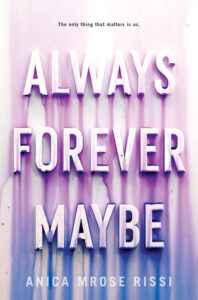

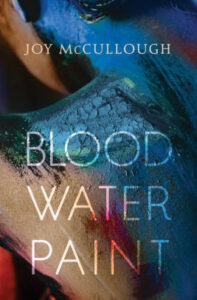

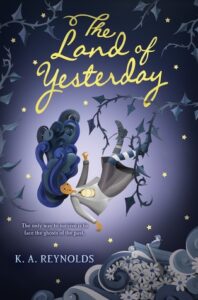
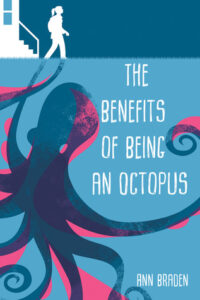



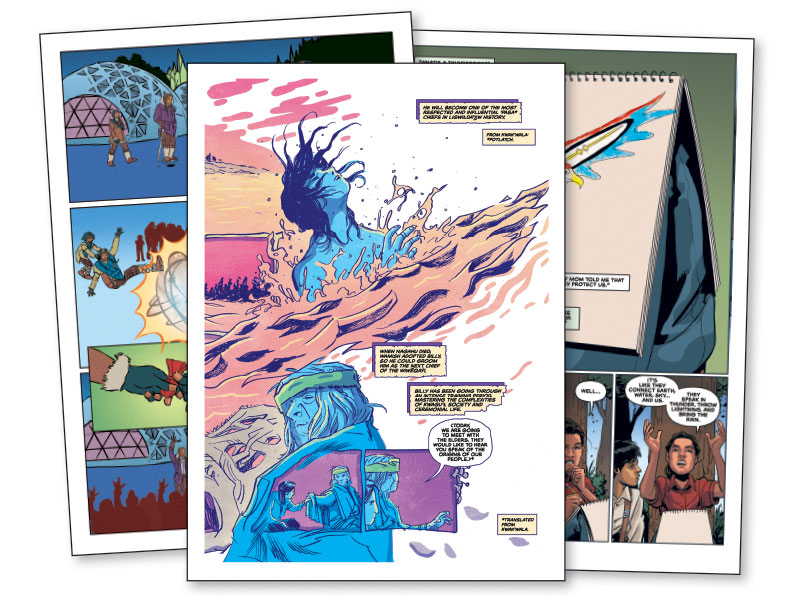
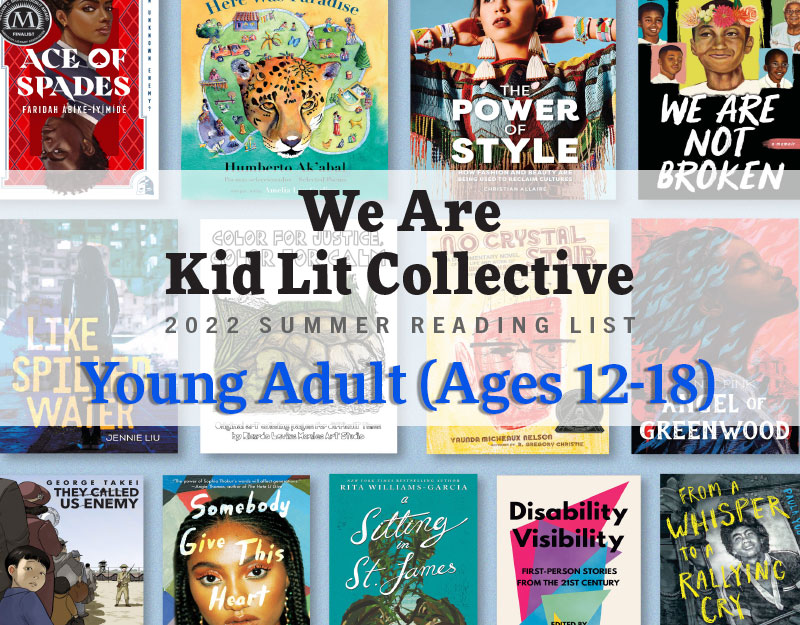
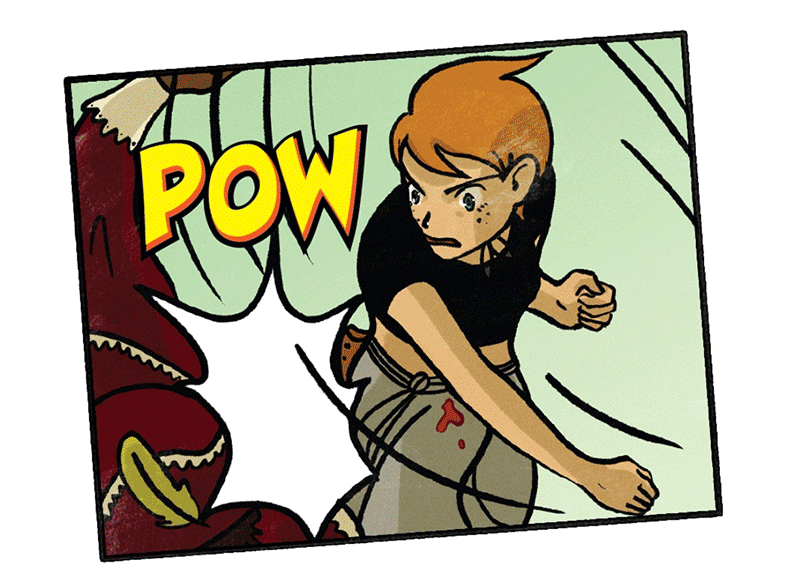
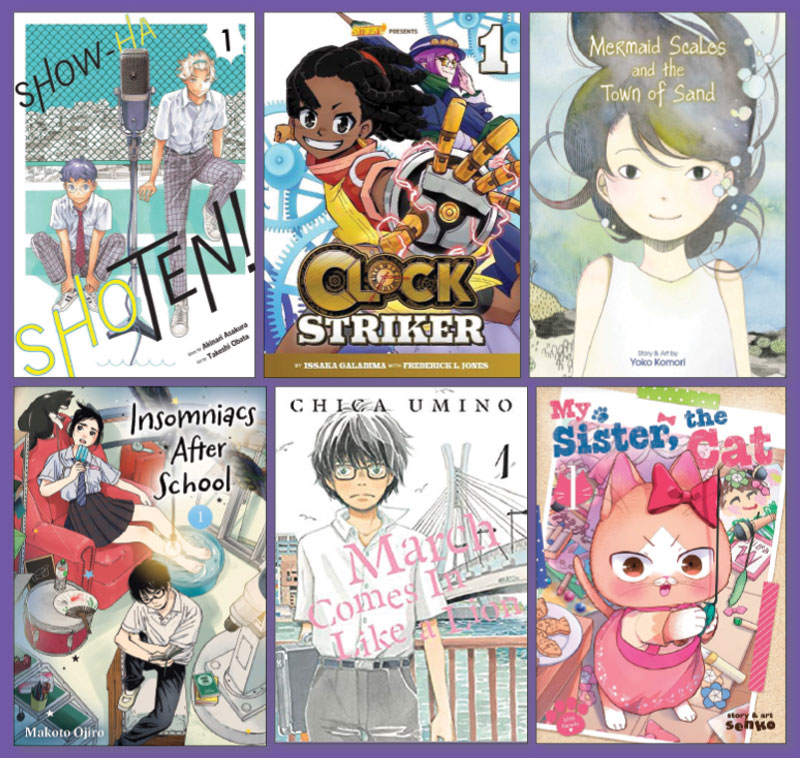
Thank you for your list of fiction works to assist kids in understanding, talking about and responding to emotional abuse and gaslighting
Our family needs such material & it’s not easy to find resources for less blatant abuse tactics
I’d like to add one more to your list: Darkstalker, of the Wings of Fire series by Tui T Sutherland is one we came across quite by accident
The author boldly demonstrates the complex feelings (love and distrust) and allows recognition of the abusers strengths and likeable qualities. I felt this novel (ideal grades 3-8) portrayed well themes such as: friendship, deceit, gaslighting, choice, love, consequence and healthy boundaries for a younger audience.